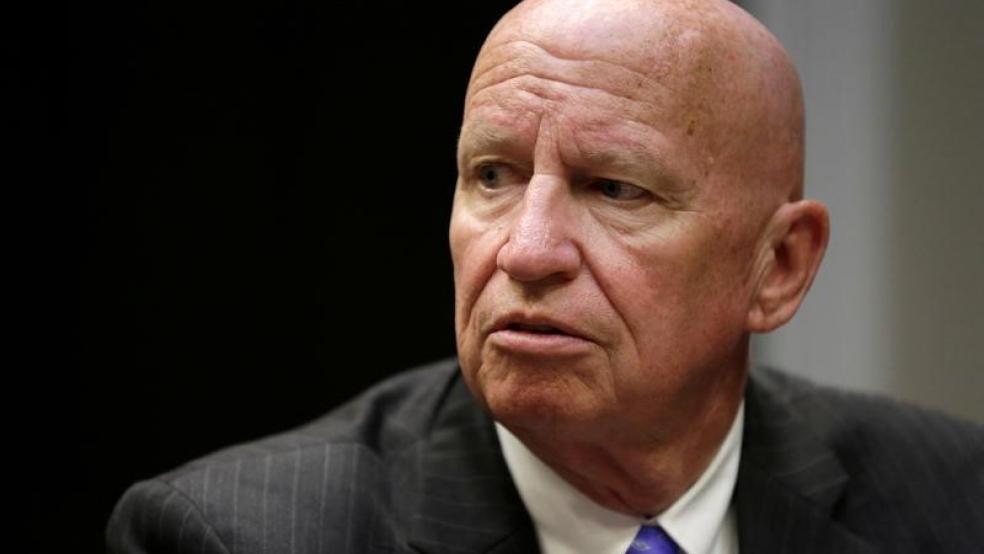Are you excited yet? The House version of the Republican tax bill is due on Wednesday. And while some developments in Washington might overshadow the release of a 1,000-page piece of legislation — tax week is “off to a helluva start," Bloomberg’s Sahil Kapur tweeted — Republicans insist they’re keeping their eye on the tax reform ball and plan to push ahead at what The Wall Street Journal’s Richard Rubin describes as “close to financial-crisis speed,” a pace generally seen “only when inaction means cataclysm.”
But the bill has just as quickly gained some powerful critics – and potential opponents. Here are five key groups that could play a role in delaying or defeating the GOP tax effort:
1. Home builders. The National Association of Home Builders had been working with Republicans on a new tax credit that could replace the home mortgage deduction, but that credit apparently won’t be in the initial draft of the bill, leading the trade group to announce its opposition to the legislation over the weekend. “We will do everything we can to defeat this thing,” said Jerry Howard, NAHB’s chief executive. The Washington Post called this development a “bruising setback” for the tax overhaul effort.
2. Blue-state Republicans. Several GOP lawmakers from high-tax states have indicated that they cannot support a tax bill that eliminates the state and local tax (SALT) deduction, which had been slated for elimination. House Ways and Means chairman Kevin Brady addressed that concern over the weekend, agreeing to restore the property tax deduction to some degree. That wasn’t enough for Rep. Peter King of New York, a leading defender of the deduction, who said, “I’m not going to sign onto anything until the full package is fully analyzed by economists. The fact that we’re getting it at the eleventh hour raises real issues with me.” Powerful lobbying groups are also actively defending the SALT deduction, including the National Association of Realtors and Americans Against Double Taxation, which represents a variety of state and local interests.
3. The retirement industry. Republicans are looking at changing the rules for 401(k) retirement plans, possibly reducing the amount that can be saved tax-free each year. The retirement industry will likely fight these changes, in part or in whole, depending on the details of the final proposal. Lobbying groups such as the Save Our Savings Coalition — whose members include AARP, AIG, T. Rowe Price and TIAA — are already working to influence how the tax bill treats retirement funds. Brian Graff, head of the American Retirement Association, said last week that he wasn’t happy with what he’s heard so far about the 401(k) changes being considered: “We’re really not happy with this. We don’t think this is sensible policy.”
4. Democrats. It’s worth remembering that although Republicans can pass a tax bill without help from the opposing party, their path is narrow and they may end up needing help from Democrats if GOP party unity cannot hold. Republicans will also need to have President Trump onboard, which under normal circumstances would seem inevitable – but these are hardly ordinary circumstances. Even lacking a formal role in the negotiations, Democrats can play a role as critics who sway public opinion. Democrats have slammed the proposal as a windfall for the wealthy and a “a middle-class con job,” and that message seems to have gained traction.
5. The American public. At least at this stage of the game, it doesn’t look like Republicans can count on much public support for their emerging tax bill. A recent Reuters poll found that despite efforts to pitch the GOP plan as a tax cut for the middle class, the effort is supported by fewer than a third of Americans who had heard about the plan. And even Republicans, 56 percent of whom support the plan, want deficit reduction to take priority over tax cuts for corporations and the wealthy.




